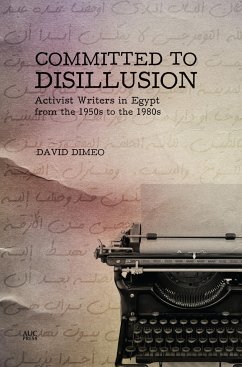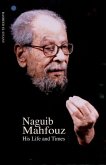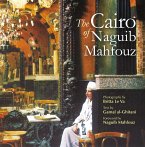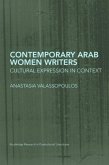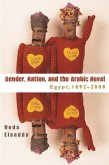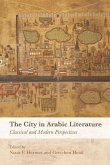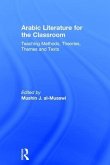Can a writer help to bring about a more just society? This question was at the heart of the movement of al-adab al-multazim, or committed literature, which claimed to dominate Arab writing in the mid-twentieth century. By the 1960s, however, leading Egyptian writers had retreated into disillusionment, producing agonized works that challenged the key assumptions of socially engaged writing. Rather than a rejection of the idea, however, these works offered reinterpretation of committed writing that helped set the stage for activist writers of the present.
Hinweis: Dieser Artikel kann nur an eine deutsche Lieferadresse ausgeliefert werden.
Hinweis: Dieser Artikel kann nur an eine deutsche Lieferadresse ausgeliefert werden.

